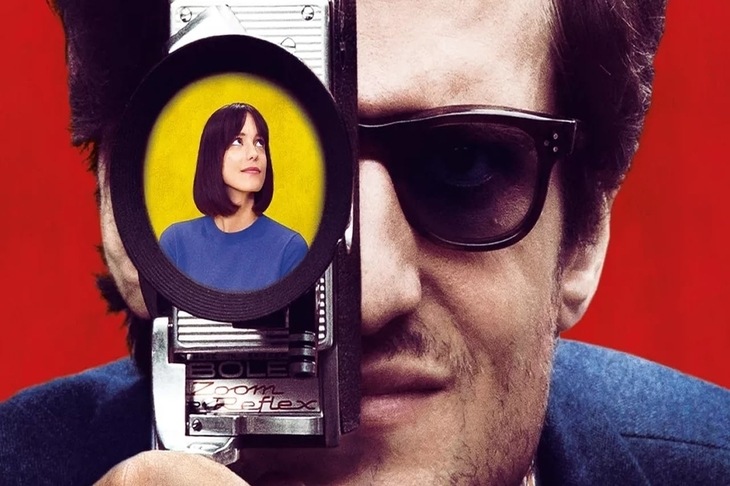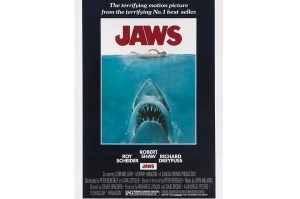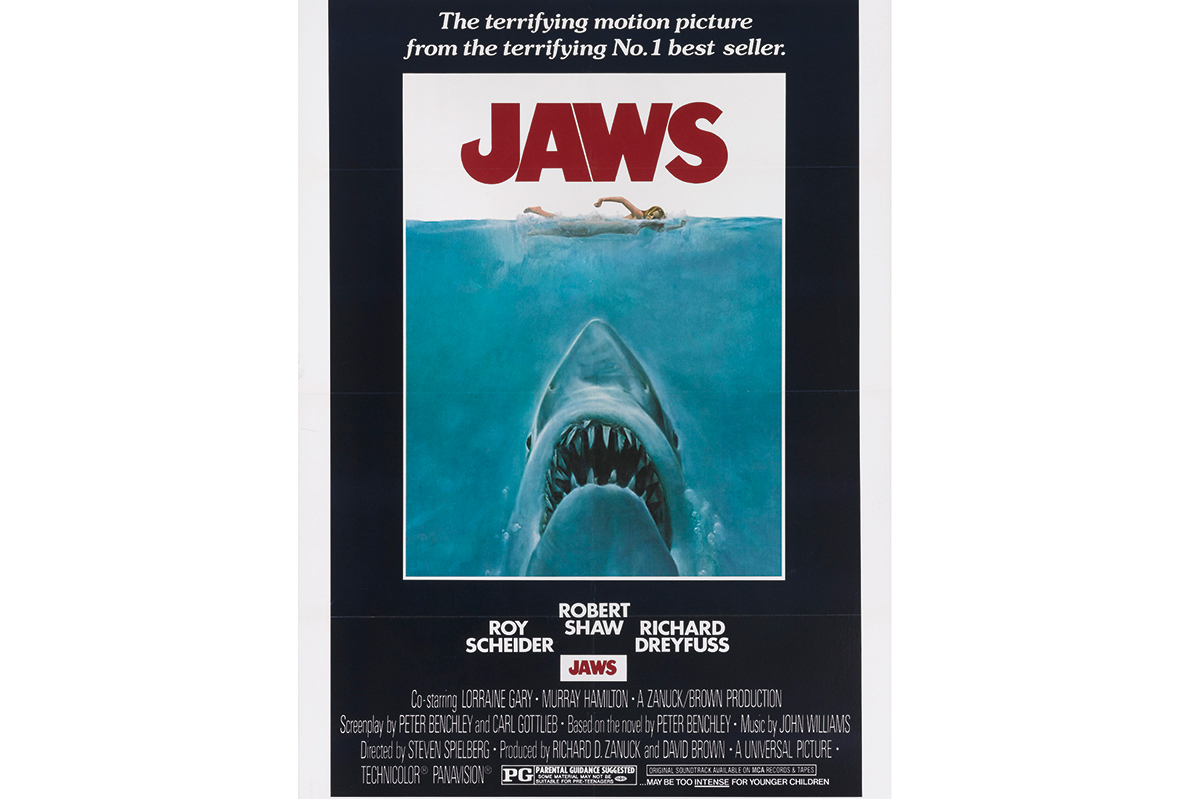It is now fifty years since the événements of May 1968, when young Parisians lobbed onobble stones at the police, occupied the Sorbonne, and launched the Boomers’ long march through the institutions. That makes it fifty years since Jean-Luc Godard lost the plot—never a good idea if you are a film-maker.
Godard has made plenty of films since 1968, but no one cares. You can see some of Godard’s post-1968 films on YouTube. They’re all terrible—didactic and boring. Perhaps Godard admitted as much when he called his split-screen analysis of middle-class family life Number Two.
The split in the screen, like the one in Godard’s mind, was dialectical. Many people lost their minds in 1968 through psychedelic drugs. Godard lost his previously impeccable feel for structure and irony through overdosing on Marxist-Leninism. Compare the pace and beauty of his 1963 masterpiece Le Mépris (Contempt) to the arrhythmic silliness of 1968’s One Plus One (Sympathy For The Devil), and you wouldn’t know that the same person made both films. In a way, he didn’t. Like Bob Dylan after his motorcycle crash in 1966, Godard became a different kind of artist after 1968. The difference being that Dylan became a better lyricist after casting off the political pieties of his folk singer persona, and in The Band found worthy collaborators. Godard became a worse filmmaker, first by taking on the pieties of the dialectic, and then by subordinating art to ideology in the unworthy company of a Maoist film collective.
Michel Hazanavicius’ Godard Mon Amour is a homage to early Godard and an inquest into his murder. The killer, says Godard (Louis Garrel), is the person known as ‘Jean-Luc Godard’. So is the victim. Très Français, non? Très bon, too.
Godard Mon Amour begins in 1967. Godard is at the apogee of his trendiness. His movies are the link between the Existentialism of Jean-Paul Sartre and the Americanized, commercialized youth revolt of John, Paul, George and Ringo. But Godard is dissatisfied with celebrity and the movie business, addled with trendy Maoism, and worried that he is losing touch with the young. Well, not all of them. Godard, aged thirty-seven, has just filmed Le Chinois, and is about to marry its seventeen year-old star, Anne Wiazemsky (Stacy Martin).
Godard hopes to tour Le Chinois in China, but the people at the Chinese Embassy reject the film as bourgeois. Escaping, he jumps into les événements, and the dream of revolution elides with that of eternal youth. But he is a lousy revolutionary, and rejected by the young as a sell-out. No one joins in when he invents a slogan. He keeps getting knocked over by the charging crowds. When he films the marchers, people tug at his sleeve and ask when he’s going to make a funny film again. Given the mike at the Sorbonne, he is shouted down as a ‘consumer product, like Mickey Mouse’.
The history of French revolutions repeats itself, first as tragedy, and again as midlife crisis. And once more, with feeling, as tragedy. Godard Mon Amour is adapted from Wiazemsky’s memoirs. Godard, for all his talent, seems as unpleasant and exploitative as any ordinary celebrity. Ringo said that we all live in a yellow submarine. In Hazanavicius’ movie, Godard and Wiazemsky live, they joke, in France’s new nuclear submarine, Le Redoutable. This is also the French title of the movie. Godard sails on regardless, gives orders, insults friends and strangers, controls Wiazemsky’s career, bullies her with his political opinions, makes her feel guilty about being a bourgeois and the granddaughter of François Mauriac, and holds the threat of nuclear contempt over her at all times.
Nothing radical about that. As Wiazemsky, Stacy Martin suffers not quite coolly enough until she cracks, takes a sedative, and finally achieves the coldness of the Godard female. This is perhaps the sharpest of this film’s many insights into the souring of Godard’s intelligence. He is a living proof of the flaws in Sartre’s idea of ‘radical freedom’. As he exists prior to his social identity, authenticity allows him to insult complete strangers and get away with it, because he’s still Jean-Luc Godard.
Visually, Godard Mon Amour is an elegant pastiche of Godard’s mid-Sixties’ look—slightly over-lit but still warm, with a clarity of construction through primary reds and blues that resembles a mobile Mondrian. The film aches with clear-eyed nostalgia, partly a longing for a time when events seemed to endorse the revolutionary dialectic, partly a lament for Godard’s devolution into a propagandist, the Hanoi Jane of French cinema. Godard tells the students at the Sorbonne that ‘the Jews are the new Nazis’—a Soviet line that entered the mainstream of the Left in 1968—but he fumbles the rationale. He wants attention more than he wants the truth. ’You used to have a super ego,’ a female friend complains. ‘But now you’re a con.’
Michel Hazanavicus’ Oscar-winning The Artist (2014) was about the war of art and commerce. Godard Mon Amour is about the war of art and politics. In 1968, Godard split his screen between the two. From One Plus One onwards, he never fitted them together again. He was clever enough to see the future, but too clever to understand it. In Godard Mon Amour, he calls for a new cinema, free from capitalism, where everyone is a filmmaker. But it was capitalism that has put a camera in everyone’s hand, and fostered the narcissism of which Godard, Hazanavicus implies, was a harbinger. He wanted society to be a spectacle, and that is what we got.
Is Hazanavicius working like Stanley Kubrick did, paying tribute to one genre after another, and each time killing the thing he loves? The Shining is the first and last horror film for sentient adults, Full Metal Jacket the ultimate assemblage of Vietnam clichés, and Spartacus a swords’n’sandals epic with one sandal rooted in the age of silent movies and the other in the age of panoramic color. Godard Mon Amour has the same attention to detail, the same eye for the failings of the genre. He comes to praise Godard, but he buries him. When Haznavicus replays scenes from early Godard films, it all seems a long time ago, and the mass disturbances of 1968 the end, rather than the beginning, of the French revolutionary tradition.
Godard was not the only person to lose the plot in 1968. Indeed, his confusion was emblematic, just as he hoped. And, Hazanavicus shows, Godard was not wrong is wanting to escape the nets of commerce and fame. But we already knew that. In April 1968, just before les événements began, Ringo left the Beatles; like Plato said, a change in music anticipates a change in politics. Ringo came back after taking a holiday on Peter Sellers’ yacht, and with the idea for ‘Octopus’s Garden’ too. Not redoutable, perhaps, but also not a permanent vacation from reality.

























